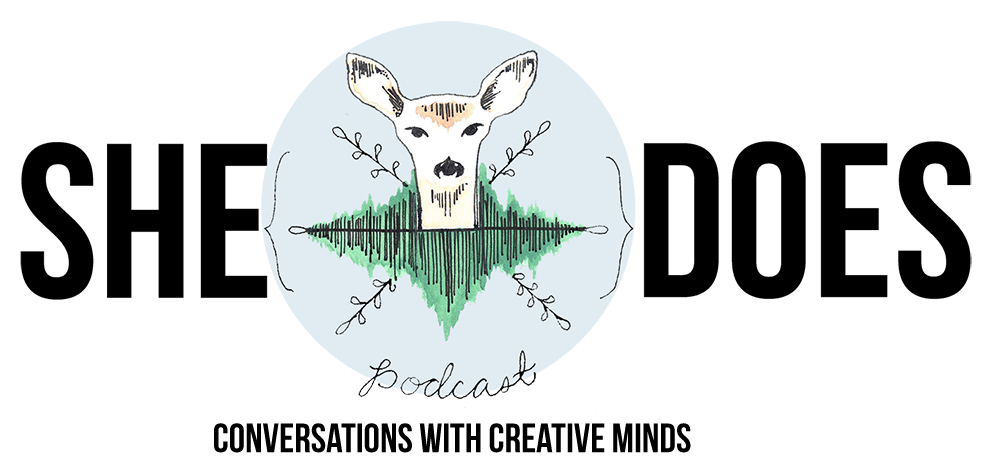MUSIC FEATURED IN EPISODE 6
Curated by Sarah Ginsburg:
When I asked Ana Karina DaCosta what she feels when she’s on stage, she got choked up. Ana Karina, based in Somerville, Massachusetts, might be the biggest lover of music and people that I’ve ever met. You’ll hear it when you listen to the sounds of one of the many bands that she’s in and you’ll feel it when this sensation of warmth and acceptance washes over you while in her presence. Ana Karina was born in Brazil but moved to Virginia, where she learned the cello, when she was in the third grade. Today, she’s a master of the bass, sings like a freaking angel, and dabbles in percussion all around the Boston music scene. The genres of her musical projects vary greatly, which says a lot about her too. She’s up for anything, she just wants to play.
Q&A
What do you enjoy most about singing? I like to harmonize. When I was growing up I was always trying to. When people would sing the lead part, I was always trying to find the harmony. And then when I found The Mamas & The Papas I was like, ‘OH MY GOD, there's like 8 harmonies that I can find.’ It makes sense that that's what I'm doing now.
So, what does it feel like to be up on stage? I used to give myself a really hard time when I had a corporate job and I would play three shows every two weeks or I'd go away on the weekend and I had this double life. I'd say, ‘What am I doing on a Thursday night in this Veterans Hall in middle of nowhere Connecticut?’ And I'd be like, ‘You know what? I'm having a good time and I'm playing music and what else would I be doing? Home watching law and order or something?’ So that's how I feel: really lucky. And it feels good. It feels good to sing and it feels good to play and it feels good to have people like it.
What do you think music has the potential to do? I just hope it has the potential to lighten things up for people, just lighten things up. I don't dislike heavy themed music, it depends on how it's presented. But I think music should make people feel something and it should be happy or obviously sometimes people enjoy listening to sad music because it helps them put into words what they can't. I think a lot of people’s lives can be like that, where there's a lot of serious stuff they have to deal with, and if they're lucky they get some time to sit at home and listen to music or go out and see it or make it. I hope it just lightens things up. That's what it does for me.
LINKS:
The Derevolutions: Soundcloud, Album Download, Now You Know My Name (Official Music Video), Twitter, Facebook
28 Degrees Taurus: Bandcamp, Facebook
Slowdim: Bandcamp, Featured in Allston Pudding
Bong Wish: Bandcamp
Bobb Trimble’s Flying Spiders: Bandcamp



